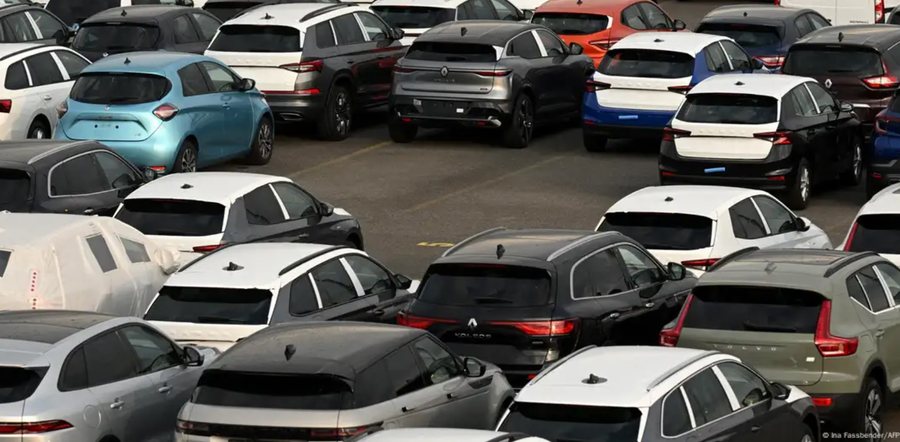
Julian Gamper is under pressure. He not only works in his own company, but together with his brother Axel, he runs the family business that produces heating components. "Even as a child I spent weekends in the company with my father."
"We knew how to disassemble, measure and inspect the equipment," the 63-year-old says with a smile. But his face quickly turns serious: "Since then we have had major crises in every decade, from the oil crisis in the 1970s to the financial crisis."
The mid-sized company, like the entire German economy, has had another difficult year. Gamper says he can't boast about his company's business balance for 2024, and he suspects that "2025 will be just as weak as 2024."
Imposition of new heating system angers citizens
For this situation, among other things, he blames the failed German government and the failed law on the renovation of heating systems in residential buildings, also known as the "heating law". This is a frightening example of excessive regulation, the entrepreneur points out.
This law stipulates that all old heating systems, mainly those using oil and gas, must be replaced with climate-neutral systems within a certain period of time. This has caused great anger among the population because of the costs and obligations. "All this confused people and now no one knows which direction to go," explains Julian Gamper.
He also complains about other factors that, according to him and many of his fellow entrepreneurs, have led to the current problems in the German economy. These include, for example, high energy costs, a shortage of skilled labor and high taxes, he explains. He hopes that there will be a change of power in Berlin and expects the new government to have more faith in German businesses: "They just have to let us work."
Political uncertainties led to a decline in investments
Many medium-sized companies in Germany share a similar view. According to a survey by the Ifo Institute, around a third of these companies expect the situation to worsen this year. The figures prove that they are right in this negative forecast. Gross domestic product in Germany fell by 0.2 percent last year, according to the Federal Statistical Office. In 2023, this decline was 0.3 percent. The last time such a negative development was recorded for two consecutive years was in 2002 and 2003. The head of the statistical office, Ruth Brand, explains that economic growth last year was held back by cyclical and structural pressures: "These include increasing competition for German exports on international markets, high energy costs, persistently high interest rates, but also the uncertain economic outlook."
In addition to the poor state of the construction and retail sectors, the German economy has been hit by political uncertainties – from Russia's war against Ukraine to the federal government's budget turbulence and the collapse of the three-party coalition.
Many companies are cautious about investments because the outcome of the early parliamentary elections to be held at the end of February is unknown. Therefore, the future conditions of the economic and political framework are also unknown.
The Organization for Economic Co-operation and Development (OECD) in its forecasts for Germany assumes that Europe's largest economy will grow this year as slowly as other industrialized economies. Even domestic economic experts are counting on a minimal increase of 0.2 percent at best.
Tax breaks are needed
So what should policymakers do for the German economy? The Munich-based Ifo Institute is calling for a fundamental reform of the German tax system by the new government after the election. "Businesses need impulses for investment and growth."
"On the other hand, many rules, exemptions and privileges should be abolished, because they lead to more bureaucracy and hinder growth," says ifo president Clemens Fuest.
He refers to low- and middle-income families, stating that tax reform should make their lives easier and make work more attractive.
Entrepreneur Julian Gamper wants to wait carefully until 2026, because, as he says, coalition negotiations and new laws will take time. It is important, he emphasizes, that the federal government is still willing to listen to the opinions of economists: "Global companies are not the backbone of our economy, but medium-sized businesses." The new government must remember this - and act accordingly. /DW (A2 Televizion)











